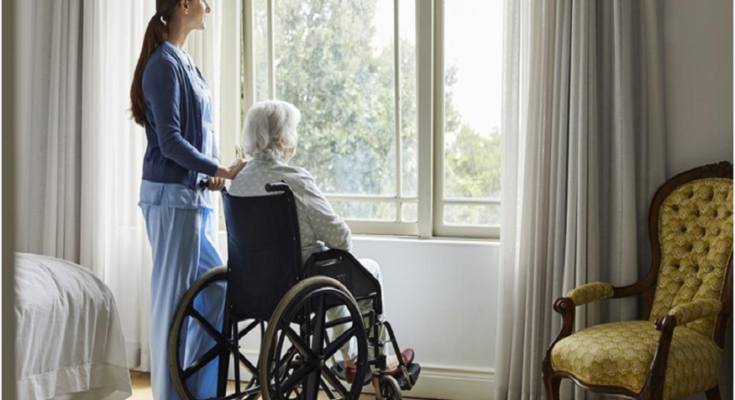Home care generally refers to medical care or support provided to a patient at home. The term generally applies to non-medical or custodial care provided by persons other than licensed medical personnel. Family and friends referred to in this context as caregivers, primary caregivers, or volunteer caregivers may also offer home care.
Independent providers or agencies provide most services.
The elderly make up the majority of home care recipients. Studies show that more women than men need home nursing care. Other people often use this service, such as people with disabilities or special needs and people recovering from major surgeries. If you want to hire someone who can care for your loved one at home. List or itemize the services a caregiver needs and put them in writing to avoid misunderstandings between family members and the home visit doctor.
There are also many options for home care services, depending on the type and frequency of care needed. The type of care allows them to stay at home and in the most comfortable setting instead of using long-term nursing care in a facility. It will enable them to be close to their loved ones and gives them a sense of “normal” life, as opposed to prolonged stays in a hospice or nursing home.
The care may include professional medical, life-saving, or a combination. The former refers to physical therapy, speech therapy, occupational therapy, psychological evaluation, drug education, pain management, wound care, and disease education and management. But more often, home care includes help with daily living.
Trained professionals can provide home health care. They can track a patient’s progress and inform or notify a physician or family member of any significant changes in a client’s health. Most professionals are occupational therapists, licensed practical nurses or registered nurses qualified to monitor vital signs, provide wound care, or administer medications.
Some can also check a ventilator or a client’s tracheostomy, provide tube feeding, and even administer an intravenous infusion. However, options include having providers available on a shift, part-time, hourly, residential, or as needed basis. Providers may also work alone or as part of a team.
Except for residential care, home care is less expensive than most nursing homes, specialized nursing homes, and nursing homes. However, there are several cost factors when deciding on home care. These include the location and skill level of the service that will be required. Homemakers, personal care aides, and companions will cost less than home health aides or skilled caregivers, and agency-hired caregivers will cost more than direct hire.
Conclusion
Professional medical services are usually ordered by a doctor and may be covered by insurance. Billing can be by the hour, day, or week, with payment coming from the patient and her family or through various public and private sources.




